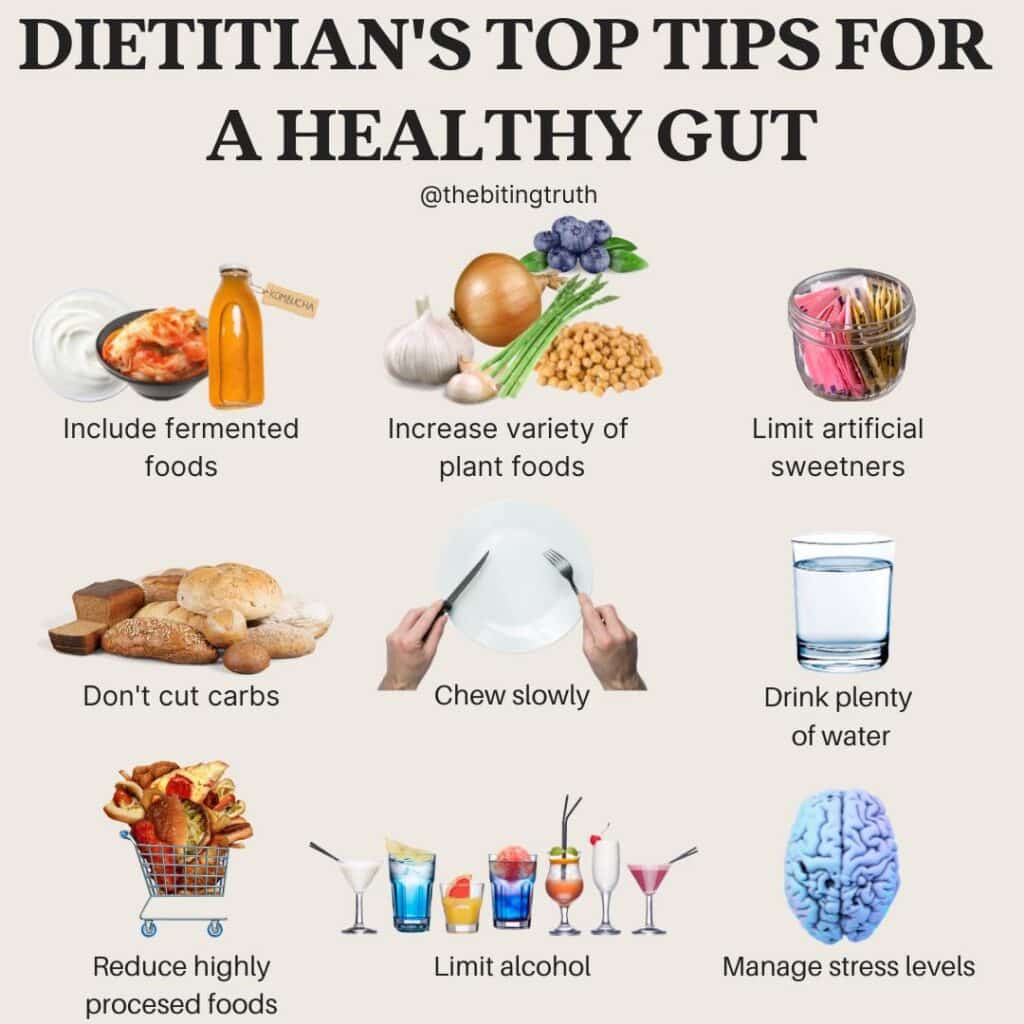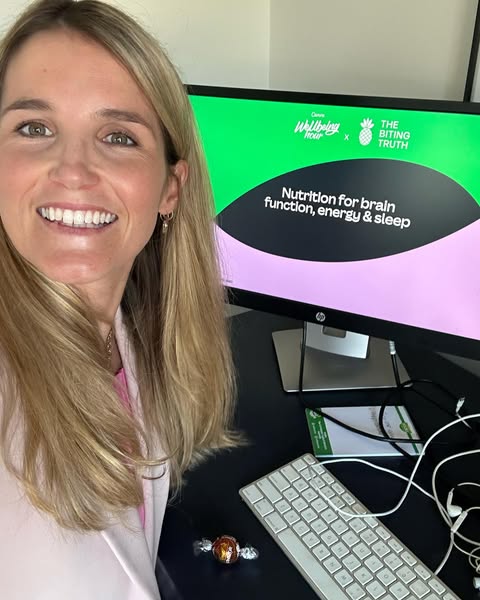In response to growing concerns about eating disorders, changes are underway to revamp food and nutrition education in Australian schools. A recent advocacy campaign has led to a significant shift in the approach to teaching about food and body image, aiming to mitigate the risk of eating disorder development and relapse.
Teachers are now advised to steer clear of activities that may inadvertently harm students (and teachers), such as recording body measurements, calculating BMI, or enforcing rigid dietary rules. These changes encompass various learning areas to raise awareness among educators about the potential negative impact of teaching food-related topics in a judgmental or numerical manner.
As leading Australian dietitian’s who regularly engage with students, particularly high schoolers, we applaud these developments. Previously, the Australian Curriculum included numerous references to terms like BMI, weight, good vs bad foods and calories, but thanks to recent updates, such references have been drastically reduced. This shift is long overdue, given the established connections between weight stigma and the development of eating disorders.
BMI has long been relied upon as a measure of health, yet its intrinsic flaws are becoming increasingly evident. Originally devised by a statistician, Adolphe Quetelet, nearly two centuries ago, BMI was never intended for individual health assessment. Its simplicity and universality made it convenient for doctors, but it fails to consider crucial factors like muscle mass, diet quality and mental well-being. Health assessment should encompass a holistic view of the individual, including factors like blood pressure, fitness level, and blood sugar levels.
Conversations revolving around body size and dietary choices often perpetuate weight stigma, especially among children and young adults. Research indicates that such discourse can contribute to the development of disordered eating behaviours. Schools play a pivotal role in shaping attitudes towards body image and food and early education should prioritise fostering positive body image and healthy relationships with food.
At The Biting Truth we strongly believe that the health and wellbeing of young individuals are crucial to their overall growth and development. A fundamental part of this journey is fostering a positive relationship with their bodies, food and physical activity. Through our programs, we are dedicated to assisting high schools in transforming how young minds perceive nutrition and their overall well-being.
Early intervention and positive role modelling are key in combating eating disorders. Educators can promote body acceptance by refraining from commenting on appearance and emphasising the functional aspects of food. Teaching children about gratitude and respect towards one another further reinforces positive body image.
Educating children and teens about the role of nutrition in physical and mental wellbeing is crucial. Food should be portrayed as nourishment for the body, emphasising its function in providing energy and supporting bodily functions. Encouraging children to listen to their body’s cues and respecting individual appetites can help prevent disordered eating behaviours.
While educators bear significant responsibility, creating a supportive environment requires collaboration from all adults involved in children’s lives. By being mindful of their language and attitudes towards body image and food at home, parents can serve as positive role models and sources of support for children navigating these complex issues. We are proud to have worked with a huge number of school communities to support students, parents and staff in tackling this ongoing issue.
The overhaul of food education in schools marks a positive step towards promoting healthier attitudes towards food and body image. By prioritizing holistic well-being and fostering positive relationships with food, educators can empower students to develop healthy habits that extend beyond the classroom.
—
Notes:






